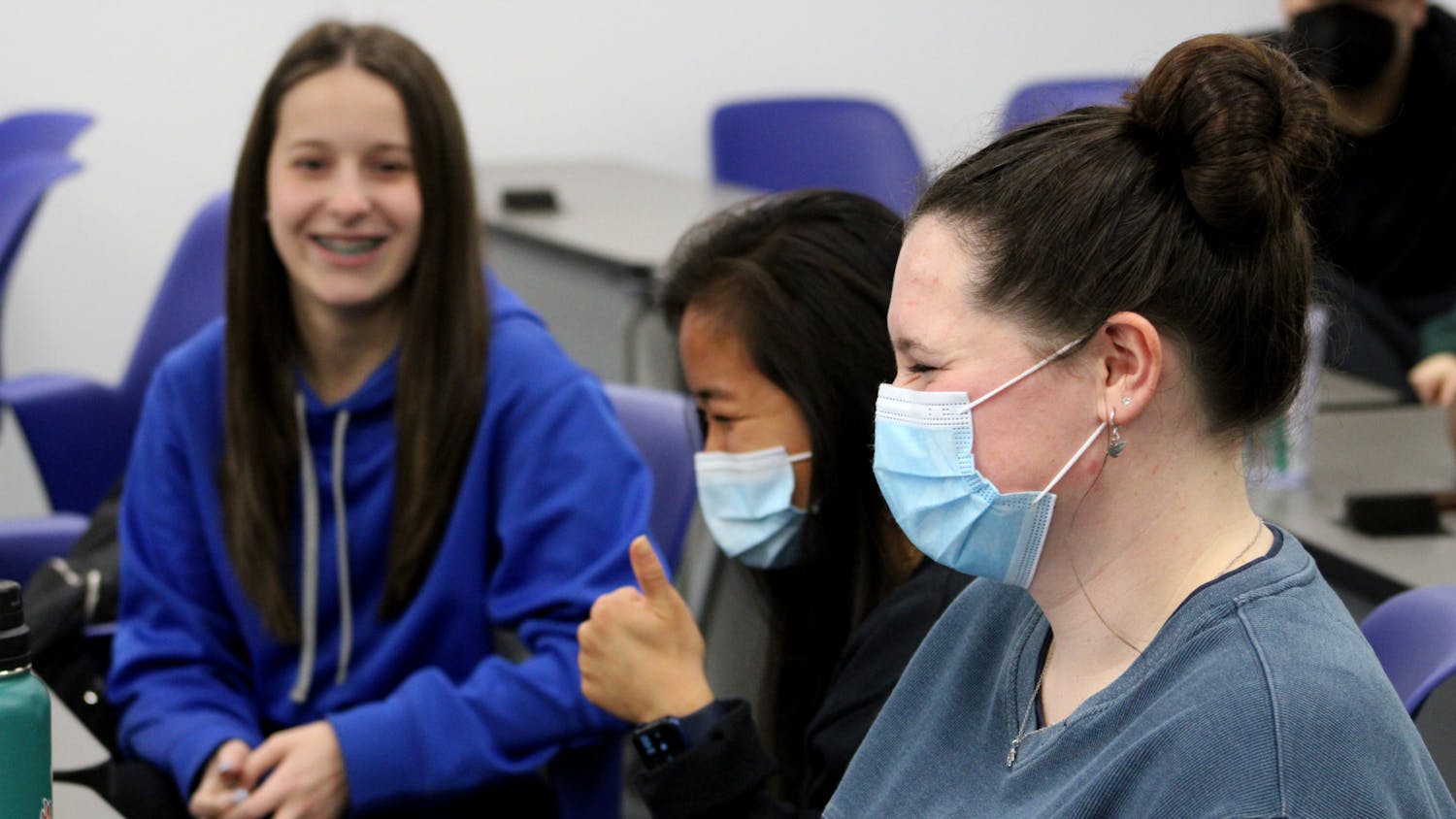"Everything that is good is light, what is divine runs on delicate feet: first principle of my aesthetic,” declares Nietzsche in “The Case of Wagner.” Paul Valery claims in his notebooks that “(t)he preparation of a work consists of laboriously granting oneself the liberty of executing it lightly.” In his “Six Memos for the New Millennium,” Italo Calvino calls for lightness to combat “the slow petrification” of the world caused by “the inexorable stare of Medusa.”
“Whenever humanity seems condemned to heaviness,” he thinks he “should fly like Perseus into a different space.”
Writing in 1988, Calvino saw technology as the cure for heaviness: The ethereal daintiness of computer chips could counteract the sober suffering of the Eastern Bloc. How prescient he was. Flip through any middle-class posing as upper-class magazine — try the Sunday supplements of The New York Times or the Wall Street Journal. Try “Wired.” Everywhere, the cloud floats up: We can work from our laptops, tablets or phones. Dynamism, communication — being connected; that’s what business is about. “Flexible” is code for “precarious,” “anywhere” is code for “everywhere” and “anytime” for “all the time,” as our private lives consummately crumble in late capitalism. Doesn’t the hell of 9 a.m. to 5 p.m. seem like a dream now?
The hell of bourgeois heterosexuality, too, seems like a three-martini-lunch next to sex today. “Hook-up culture” — even the term seems passe. We take sex lightly. The game is to not get involved, not get tied down, nothing serious — nothing heavy. I don’t know what face to make when the “you-know-this-isn’t-anything-serious” conversation starts. In French, they don’t say “loose girl” — they say “light girl.”
Tinder, especially, turned potential partners into ephemeral actors, promptly floating into screen-left and screen-right. Our Internet feminist culture — within the confines and model of patriarchy — has made a joke of sex. Trying to make the most of a bad situation, it embraces objectification in the opposite direction; girl power too often means talking about men like they talk about us: as disposable. Rather than a positive liberation, we’ve embraced a negative one.
We’ve atomized sex: We are simply particles colliding and separating. Same goes for the family, same goes for the hometown: It’s all about freedom, which means movement, which means separation. We gather experiences, but they don’t tie us down: We accumulate partners and travel destinations and skills, but these don’t lead to any solid morality, any center. Like flies, we cannot see except in motion.
On both sides of the pond, populists are casting anchors. In France, the National Front’s collective of “patriotic teachers” is called “root.” In America, a pumpkin-faced Trump screams for a return to the real America. They live in a mythology of the past; we live in a mythology of the present. Lightness, mobility, choice: These have, presumably, made us free — supremely, triumphantly free.
What is left, then? After the office, after the home, after love, what is our reward? Exchange of information, I suppose: computers and tablets and phones to talk to what, today, are called friends. Tweets and texts and memes need to pack a punch: They resort to irony, a constant distance, a constant lightness.
I will end, like Calvino, with Kafka’s 1917 story, “The Bucket Rider.” Take it as you will:
A suffering, shivering man begs the coal dealer to lend him some coal: His bucket is so light that he floats higher and higher, “superbly, superbly,” and he cries through hoarse and frost. But the coal dealer refuses, and his wife waves him away with her apron.
Obedient but too light, his bucket begins to float away and he with it, and amidst his last desperate cries, he says: “I ascend into the regions of the ice mountains and am lost forever.”
Ann Manov is a UF French, English and Spanish senior. Her column usually appears on Mondays.





